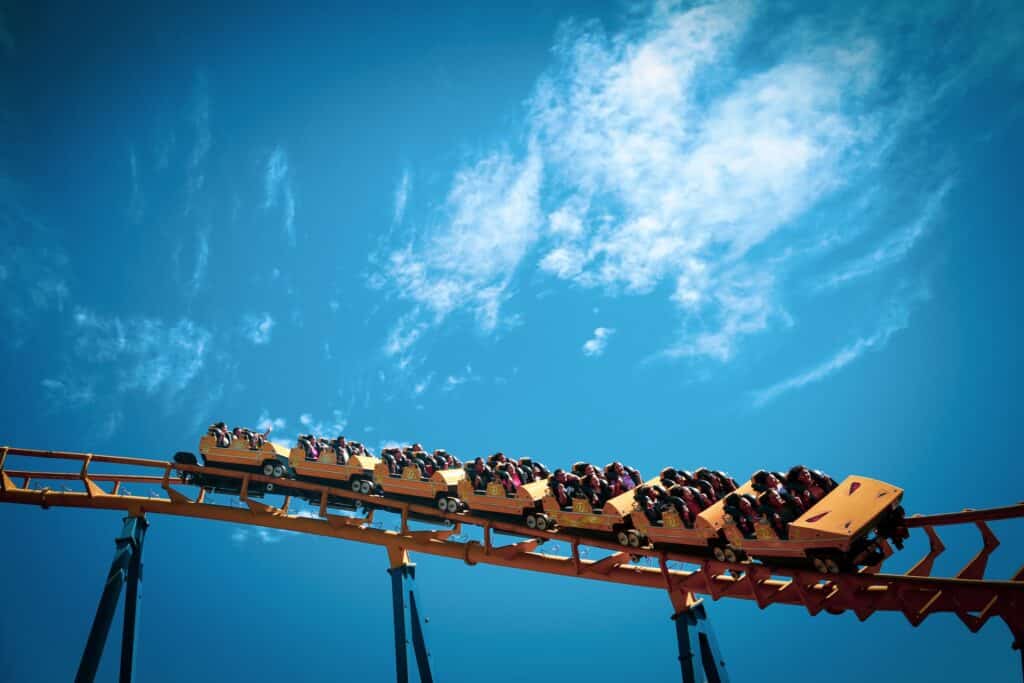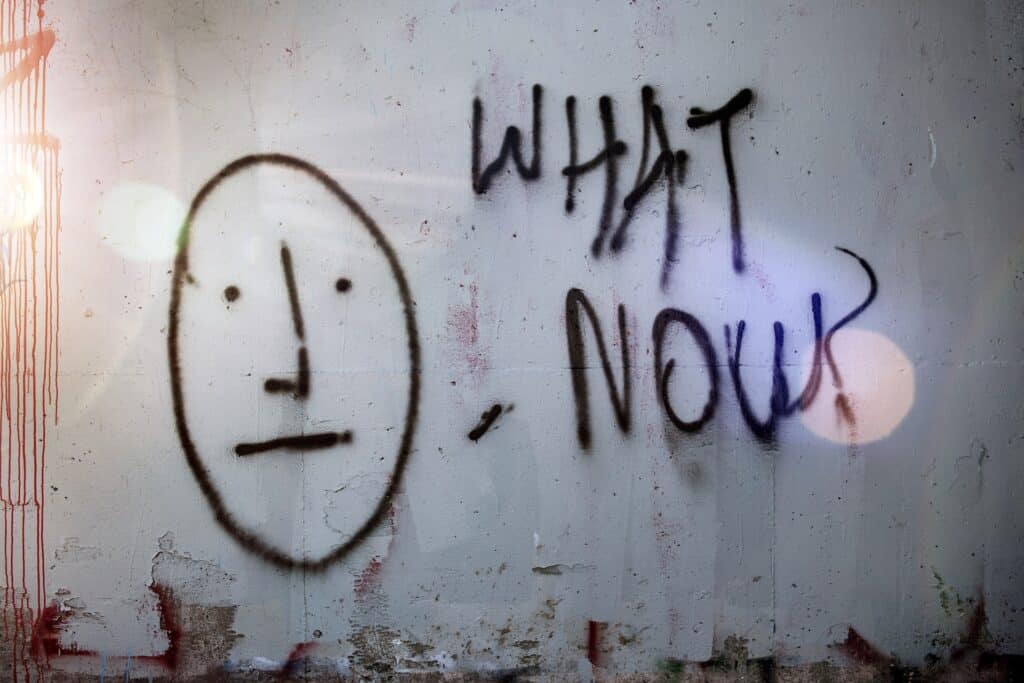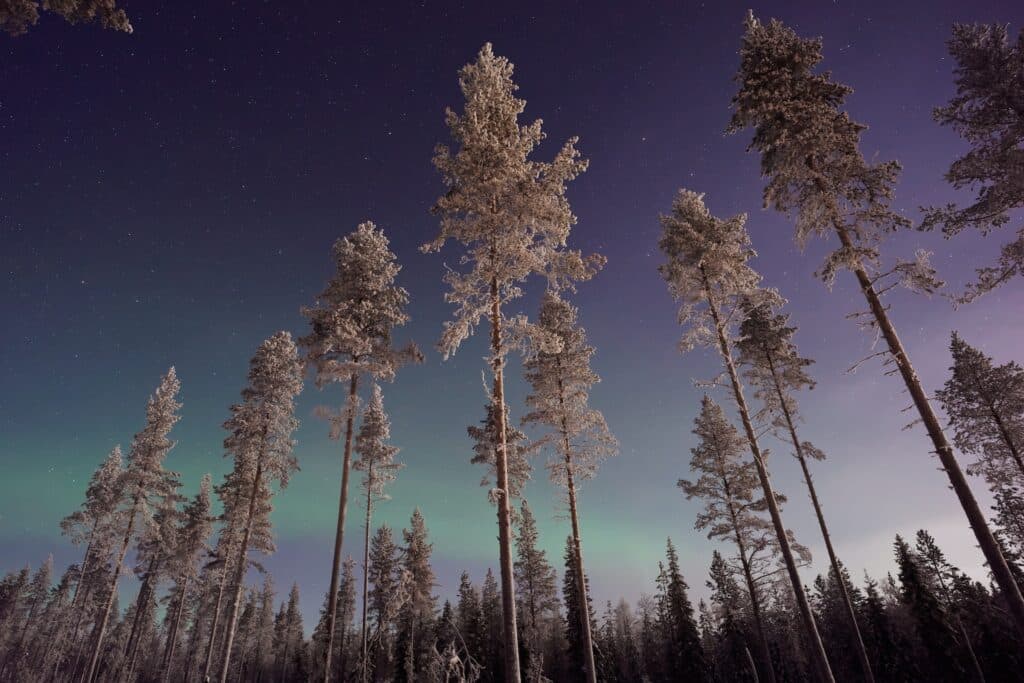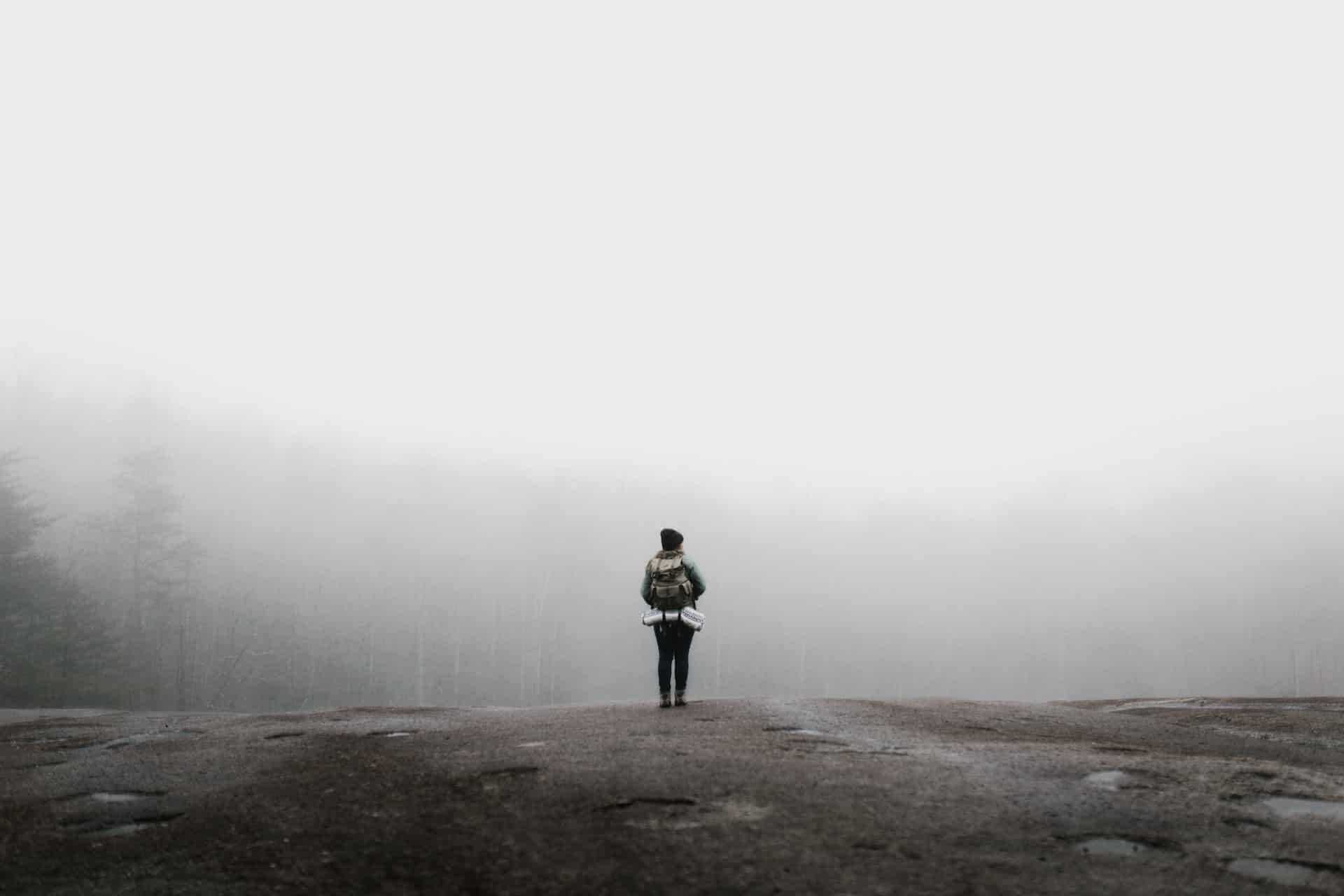I don’t get it either.
Sometimes I think I do, but then I think about it some more and it kind of slips away from me. Then I’ll talk to someone, and I’ll get another perspective that holds me for a spell.
Something always comes up, though. Some new thought or event that twists everything I understood into some unrecognizable angle. And then I start over.
It’s exhausting because, like you, I need this to make sense. We don’t need more confusion. Life is tough enough with its ups and downs. More downs than ups, really. I think if it were the opposite, if life was just one big win, one incredible celebration after another, we wouldn’t be at all concerned with the point of it.
We would simply enjoy the ride, no questions asked.

You’ve struggled with loss.
Relationships have soured. You’re fighting for a place in the lives of the people you care most about. You’ve put your heart into a community that is loathe to reciprocate. Your journey into Islam, our shared faith, is among the most gripping and glorious that I have ever heard, but the focus that drove your younger self through mystery and into some kind of fleeting clarity has dulled into a smoky blur.
That happens to a lot of us across virtually every domain of experience. Despite the certainty we might have at the point a matter is decided, we will, inevitably, have doubts. Why did I pick this course of study? Why did I marry this person? Why did I think this job would be the way to spend the bulk of my time?
I don’t have any answers for you. I’m just as curious as you are.
The only bit of consolation that I have, the only thing that really gets me by, is my belief that there are no better alternatives.
We’ll come back to that, but you had some important frustrations that I’ve been thinking about.
It’s hard for you to reconcile the concept of hell, the idea that people will suffer an eternity of punishment as a reward for their finite indiscretion. Hell makes perfect sense to me, as some of those indiscretions have generational consequences. I’m a pessimist and inclined to focus on the injustices and disparities of the world and there are many. Hell carries the idea that justice will finally be delivered in the most terrible of ways and I like that. I am perhaps a vengeful person, though avoidant of confrontation and so effectively toothless. Maybe that’s why the Fire brings me comfort.
If it exists and I end up there, it’s because I deserve it.
Heaven is where I struggle.
All around I see believing people taking advantage of one another, and yet, by virtue of their belief, the door of repentance remains open. The possibility that one can spend a lifetime oppressing others, making the lives of fellow believers unbearable, perhaps even driving them from their faith as a result, only to experience some shift in consciousness before the end of their life that suddenly warrants them the Pearly Gates- that’s a bit much. They get to do whatever they want in this world and the next, while those under their crushing dominion walk this world with broken hearts and broken spirits, buoyed only by the idea that they might experience some joy in the next.
By spending an eternity with the people who oppressed them?
Yikes.

People remind me that in the afterlife we won’t remember any of these grievances, but we aren’t there yet. Besides, we’re talking about trying to make sense of things now, in this period of our existence where making sense matters.
And the more we talk about it, the more the circular absurdity of it all becomes apparent. Because behind these ideas of heaven and hell and the awful or wonderful choices that people make is the Decree of God. None of us willed ourselves into existence. To be Muslim is to accept that there is nothing that happens except in accordance with God’s Plan.
The whole thing starts to feel like a set-up.
I’ve never explicitly asked you about this, but I’ll share something and maybe you can relate.
I have never felt at home at home.
This is why I go outside.
Outside, everything is mystery, but that’s expected. Mystery feels appropriate and comfortable outside and comfort is the beginning of security, and inquiry from a place of security invites wonder.
But there are lots of mysteries at home, too. There are other people there, all with their own biases and issues and agendas and we’ll only ever know just the tiniest bit of any of that. Pretty soon, the awareness of what we don’t know about one another starts to feel pretty scary, to me anyway. And it’s worse because we’re all trapped in a box.
For lots of folks, home carries the concept of shelter and repose. But not for me. Too many shadows, too many mysteries where I don’t want them to be. This kind of mystery brings insecurity, and inquiry from a place of insecurity brings only suspicion and doubt.
That might feel like a bit of a digression, but I also think about Islam as my spiritual home. It’s the place I expect to feel secure, and so in those moments when I am feeling vulnerable, I begin to see cracks and shadows where I once perceived light and structure.
Everything I believe starts to feel like it’s ready to crumble, so I go outside.

You do that, too.
I’m not sure why you do that, or if you’ve thought much about it, but we’ve talked enough that I know how important being outside is for you. I know how hard you try to get the people you care about outside, to give them also the gift of security within mystery.
Because we’ve stepped into metaphor here, I need to be clear on what I mean by “going outside” as it relates to Islam.
I continue to discharge the obligations of a Muslim, but I stop reading books and I stop listening to lectures. I stop asking other people their ideas about what things mean. These are exercises for when I am grounded.
But when I become untethered, when I cannot escape the existential absurdity of life’s enterprise, a mindset almost invariably brought on by a series of unmet expectations and disappointments big and small, and when I begin to question my questions, then it’s time to go outside.
And in that expanse, everything is reduced to moments. I become sensitized to my breath and my body. I become immediately aware of my limits as they relate to temperature and strength and endurance. My finitude is contrasted with the vastness of the forest, or the sand dunes, or the ridgeline, and in the sky I directly perceive infinity.
Infinity is no longer an abstraction. It is here, before me and I am before it, indescribably tiny in all but my contemplation. My role as witness feels necessary. I don’t know why, but it does. All of the richness, beauty, interconnectedness, and complexity of the universe feels sadly quiet in the absence of my observation.
It’s not that I can make sense of any of it. In fact, I am bewildered, a marvelous word that we understand to mean “confused,” but which actually means to be thoroughly led into the wild.
Outside, there is refreshment in my being overwhelmed. My bewilderment is not a cause for frustration or anxiety because I don’t understand anything beyond an imagined responsibility to continue my witnessing.

Critically, I find no answers outside. Really, more questions.
But somehow the centrality of my role as witness comes home with me. Back in the box with other people and other agendas, for a time I can watch and observe without feeling threatened. I can read the books of dead men and listen to the lectures of pious peers and appreciate their attempts to make sense of things that they don’t understand either.
And I am filled with love and appreciation for the energy expended by my brothers and sisters to keep the threat of existential absurdity at bay through their faith and worship. When I pray with them, it’s not so much that it now makes sense to me, but it is yet an another opportunity to be a witness, to see in each of them the points of light that I was fortunate enough to see in the sky.
More than this, they draw me into a shared story, a mutually agreed-upon narrative that we call religion, a relationship with God that contextualizes and elevates my witnessing into something more, something essential.
That’s what I meant before about there being no better alternatives.
We can fuss about and arrive at all kinds of conclusions, but in the end nobody knows anything. Everything is speculative, and given a choice between resignation to happenstance and the embracing of an over-arching mythology that puts me into community with others, I’ll choose the latter.
Over time, my role as witness allows for the apprehension of patterns, and the discovery of those patterns warms me back into conviction. I am, in those moments, a believer through and through.
The patterns also invite expectation, however, and this is the precursor to disappointment. Disappointment brings insecurity and doubt. All of this accrues until it’s time to go back outside.
I’m overdue, brother.
I haven’t answered any questions. I haven’t addressed any doubts.
I’ve only shared my observations as a witness, as a shahid.
When I go outside, I arrive each and every time upon the threshold of the only thing that Islam asks:
To bear witness.
There is no god but Allah, and Muhammad is His Last and Final Messenger.
Leave a comment below for posterity or join us in the D&T Chautaqua Discord to discuss this post with other adventurous spirits from around the world.

This is the most beautiful thing I’ve read in a while. I see true belief in this article. Thanks for sharing!
A long time ago, I met a fallen Catholic who said he couldn’t consider himself religious anymore, despite still believing in God, because he was questioning the actions of the Catholic Church during their abuse scandal. I pointed out the sad irony that *he* was actually a person of *true* faith, because his moral compass was calling him to reject the hypocrisy and spiritual manipulation going on within a corrupt system. Because only a person of blind faith could go on unshaken when finding out about such horrible systemic crimes.
In reading your article, I also see you internalizing the spiritual manipulation and gaslighting done to you in the way you question your own faith just because it goes against the grain of a corrupt status quo — a norm that only exists because of the blind faith of the masses, who have completely lost touch with the teachings of the Qur’an. Don’t question yourself. Question the system, question how we as a community have gone so far astray, and ask yourself how you — someone who sees clearly and speaks up when others stay silent — how *you* can help lead our community to change for the better.
When you do, the fog will lift — not just for you but for others, too — and you will see the task before you that if more people carried out, would prevent the fog from settling in the first place inshAllah: “O you who have attained to faith! Be ever steadfast in upholding equity, bearing witness to the truth for the sake of God, even though it be against your own selves or your parents and kinsfolk. Whether the person concerned be rich or poor, God’s claim takes precedence over [the claims of] either of them. Do not, then, follow your own desires, lest you swerve from justice: for if you distort [the truth], behold, God is indeed aware of all that you do!” (Qur’an 4:135)